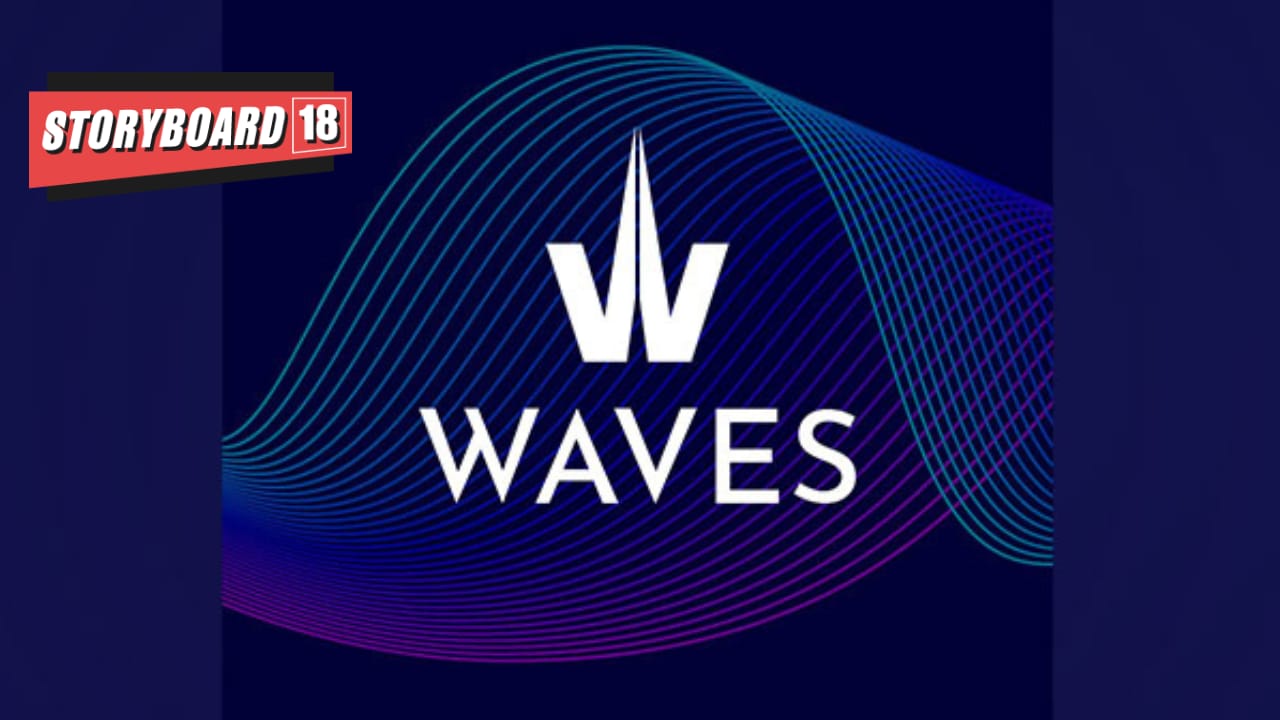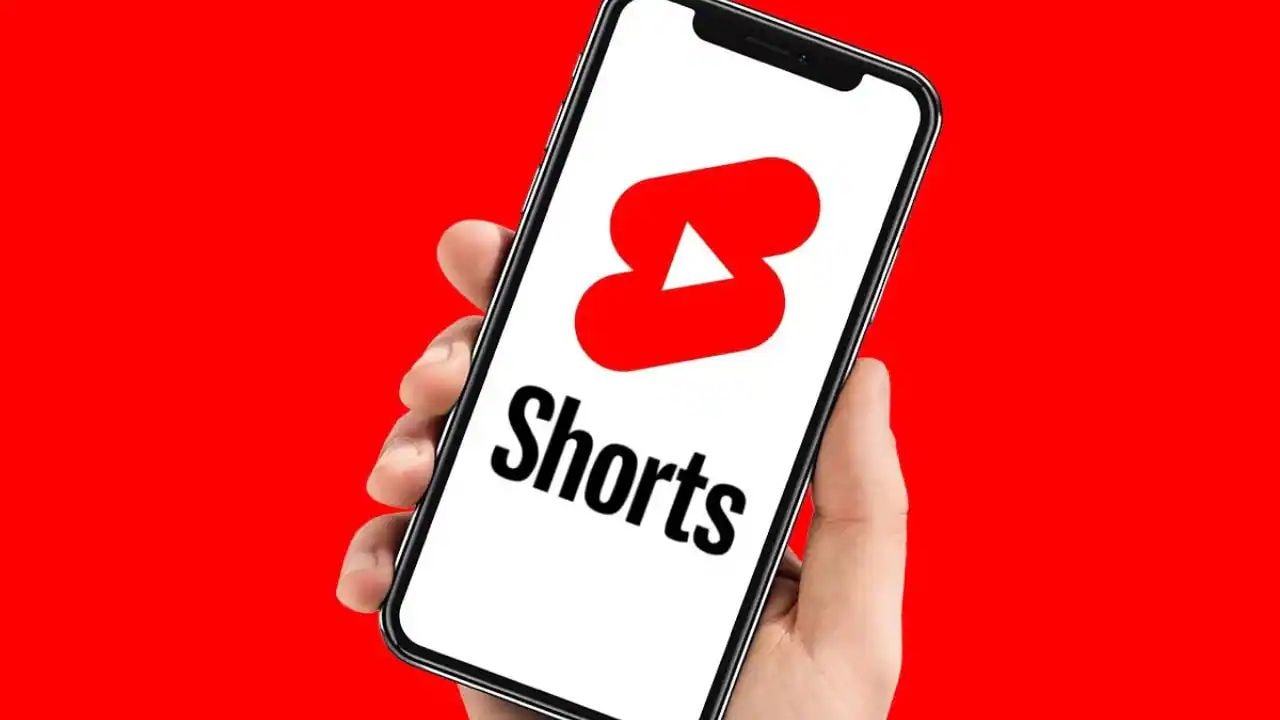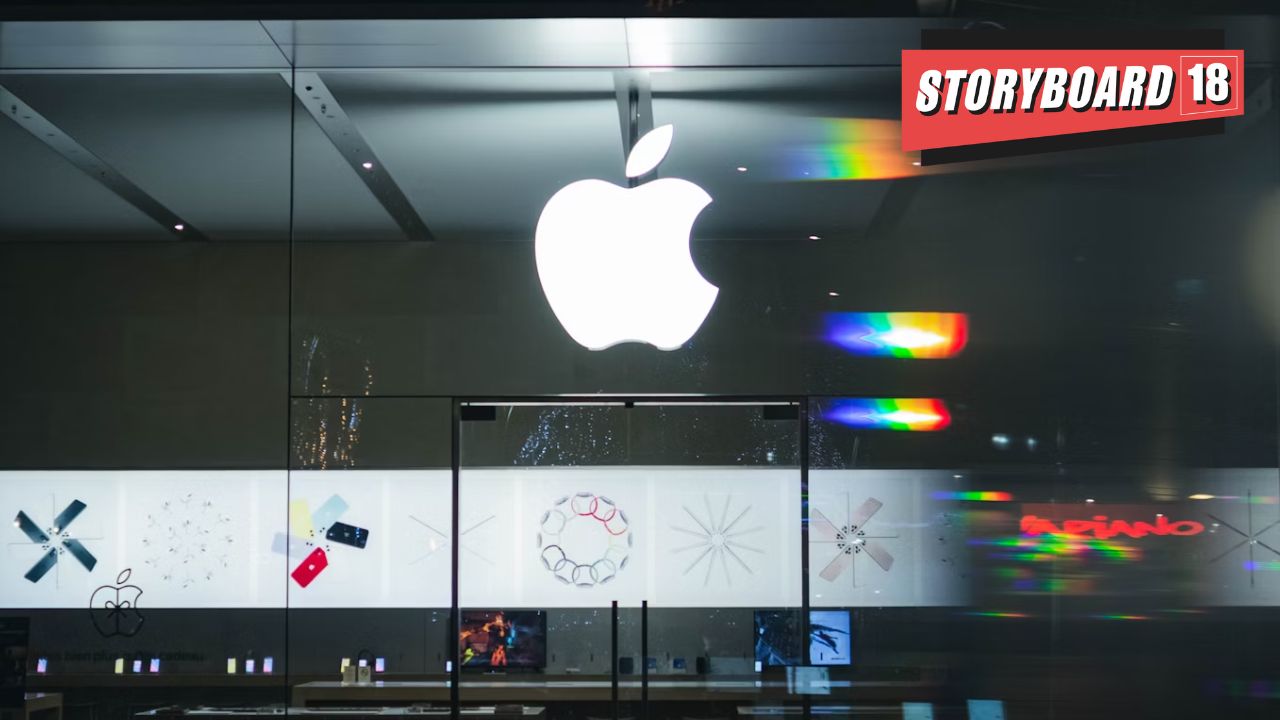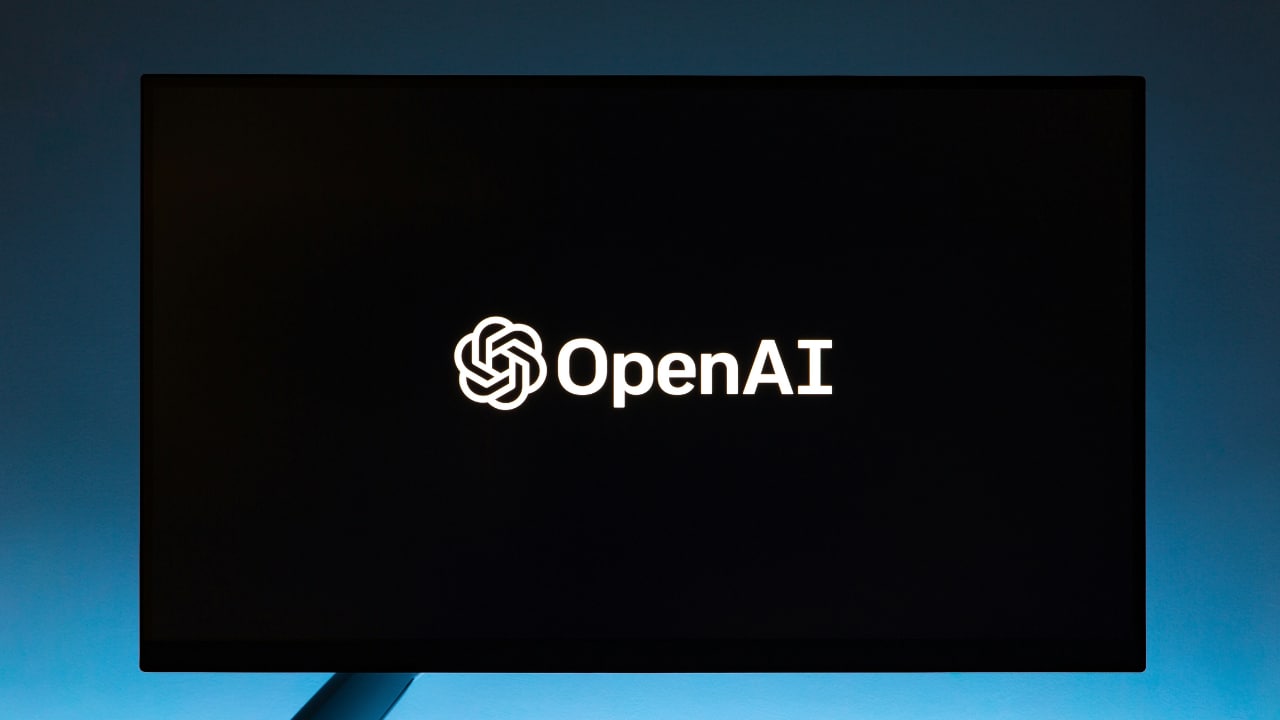AI-powered search app Perplexity records a staggering eightfold surge in daily queries, marking a shift in digital search behaviour.
Tag: Digital
Dish TV and Airtel call to bring Prasar Bharati’s OTT platform under TRAI’s ambit
Stakeholders are calling to bring Prasar Bharati’s recently launched family-friendly over-the-top (OTT) platform, WAVES, under TRAI’s regulatory framework. WAVES was launched on November 20, 2024.
Shorts falling short?: YouTube plays catch-up with ad blitz for its short video feature
YouTube is playing catch-up with an aggressive ad blitz for Shorts, targeting brands. Will it be able to reel in advertisers? Big tech companies are also facing competition from homegrown Short Format Video (SFV) platforms taking away brands’ attention and budgets.
Brain rot: Oxford’s 2024 ‘word of the year’ that’s got us all scrambling
From TikTok memes to viral nonsense, the term ‘brain rot’ has come to define our collective struggle with mind-numbing online content. Here’s what it means and why it’s taking over.
Social media influencers under ASCI’s radar for next two quarters
Steep rise in violations of ASCI guidelines by influencers for promoting cryptocurrency and illegal betting companies.
Advertising boosts Swiggy’s Instamart take rate, expected to reach 20-22% soon
Swiggy Instamart’s take rate includes fees for platform and enablement services to the merchant partner, advertising revenue from brand partners, and fees charged from users which include delivery fees, convenience, and other charges
Amagi acquires Argoid AI to accelerate AI-driven innovation in the M&E industry
By integrating Argoid AI’s algorithms into Amagi’s existing platform, this acquisition will boost the functionality of Amagi’s product suite, Amagi NOW and CLOUDPORT offerings, enabling media companies to make faster, smarter, and personalized content scheduling decisions at scale.
Apple faces new lawsuit over alleged surveillance and restrictions on employee speech
Apple is accused of illegally monitoring employees’ personal devices and restricting discussions on pay and working conditions, with a new lawsuit filed in California.
OpenAI eyes advertising as new revenue stream amidst rapid growth
The company’s revenue has soared to $4 billion annually, driven by the success of ChatGPT, which now boasts over 250 million weekly active users.
Hockey India teams up with Doordarshan for landmark broadcast deal
Hockey India League returns with nationwide coverage, high-profile investors, and dual men’s and women’s tournaments.









